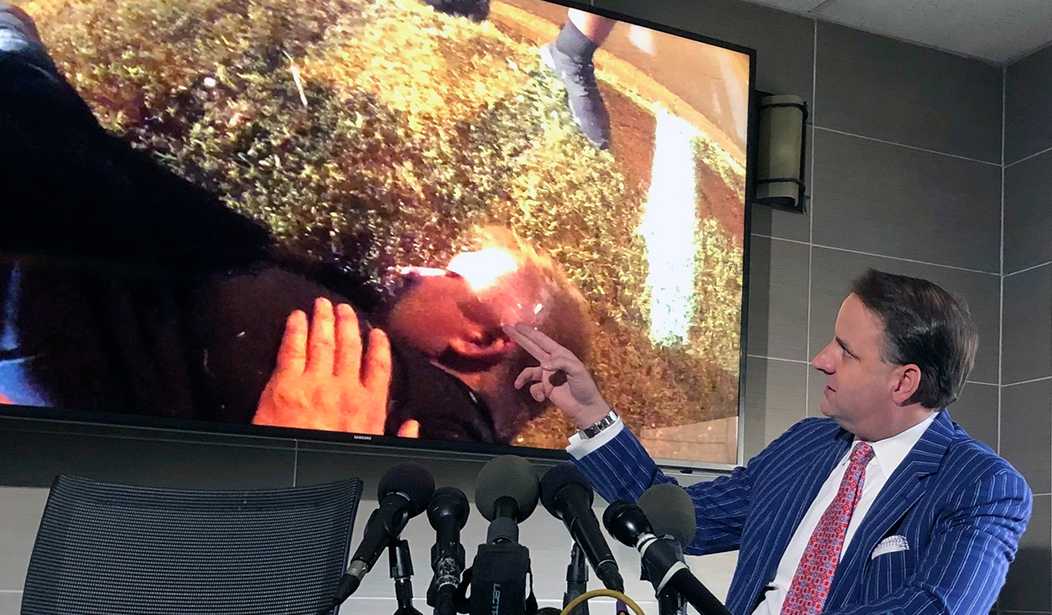A federal jury delivered its verdict in the case of Tony Timpa, who lost his life during an encounter with Dallas police officers in 2016. His family had filed a wrongful death lawsuit against the three officers: Dustin Dillard, Raymond Dominguez, and Danny Vasquez.
The jury found the officers liable for violating Timpa’s constitutional rights with varying levels of culpability. The fourth defendant, Sgt. Kevin Mansell, was entirely exonerated in the trial. This case, along with many others, raises questions about accountability, transparency, and the legal roadblocks in place against those alleging abuse by law enforcement.
A federal jury found three Dallas police officers liable for the 2016 death of Tony Timpa Wednesday and awarded $1 million to his 15-year-old son — far less than the $300 million his family’s lawyers pushed for in the trial.
Timpa, a 32-year-old trucking executive from Rockwall, died on August 10, 2016 during an arrest after calling 911 for help.
His family filed a wrongful death lawsuit alleging Dallas Police Officer Dustin Dillard violated Timpa’s Fourth Amendment rights by using excessive force that led to his death and officers Raymond Dominguez, Danny Vasquez and Sgt. Kevin Mansell failed to intervene.
The jury found all but Mansell liable Wednesday.
In closing arguments Tuesday afternoon, attorney for the Timpas Geoff Henley encouraged the jury to give Timpa’s estate more than $100 million, his parents $40,911,911 each and Timpa's son $120,911,911. The jury ultimately landed on the $1 million figure for just his son.
The episode unfolded when Timpa, who was dealing with anxiety and schizophrenia, called 911 in a parking lot. Other calls reported that he had been running in traffic. Two security guards detained him while waiting for the arrival of law enforcement officers. The subsequent altercation led to his death.
The encounter with police ended with his death after one of the officers knelt on his neck for 14 minutes. Now, his family seeks to hold the officers civilly liable for his death.
A jury has been seated in the long-anticipated civil case against four Dallas police officers accused in the 2016 death of Tony Timpa.
Timpa, 32, died while in police custody. A body camera video released by the police department to NBC 5 and The Dallas Morning News showed officers mocking him as he pleaded for help dozens of times while restrained in handcuffs.
Timpa had initially called 911 from a parking lot saying he was afraid and unarmed and that he was off his medication for anxiety and schizophrenia.
Within about 20 minutes of police arriving, Timpa became unresponsive and died.
The road to the trial was fraught with various legal setbacks. The county medical examiner’s office deemed Timpa’s death a homicide due to a fusion of the cocaine in his system and the officer’s restraint technique. But a district attorney dropped charges against the officers in 2019. A federal appeals court later ruled that qualified immunity, a legal doctrine protecting officers from civil liability in many cases, did not apply to the officers’ actions.
The trial centered on the cause of Timpa’s demise. The plaintiffs argued that it was due to positional asphyxia resulting from the restraint technique that one of the officers employed. Dr. Martin Tobin, who also testified in the George Floyd trial, supported this theory. On the other hand, the defense insisted that Timpa’s death was the result of “sudden cardiac death due to the toxic effects of cocaine and physiologic stress associated with physical restraint.”
The proceedings also brought the restraint technique under scrutiny.
Also on trial was the prone restraint itself. Is it a deadly maneuver that has long been cautioned against? Yes, said the plaintiffs, invoking a 1995 report from the Department of Justice on the danger of sudden asphyxiation from the prone. They leaned heavily on Tobin as well as Martin D. Lyman, a researcher and professor emeritus of criminal justice at Columbia College of Missouri, who testified that the force used on Timpa was "improper, unnecessary, and unreasonable."
Or is the prone restraint a tried and true tactic for maintaining order? Yes, said the defense, appealing to Senior Cpl. Jeffery Metzger—a police officer, emergency physician, and professor of medicine at the University of Texas Southwestern—and Senior Cpl. Sam Hanson, who helps lead training at the Dallas Police Department (DPD). "There were no good options," said Hanson. He emphasized Timpa's erratic state and that the risk of suffocation from the prone position is "remote."
In one of the more pivotal moments of the trial, Timpa’s private life, particularly his substance abuse, rehabilitation stints, and pre-existing health issues became a focal point. The defense argued that these issues showed that Timpa’s death was not solely the result of the officers’ actions.
The apparent lack of transparency on the part of the local police department was also an issue. The Dallas Police Department took three years to release the bodycam footage showing the interaction between Timpa and the police. Detectives gave conflicting accounts of the incident to Timpa’s mother.
Timpa’s case underscores the myriad of challenges civilians face when trying to hold their local governments accountable for abuse. The arduous legal journey Timpa’s family had to undertake highlights just how difficult it can be to hold government officials accountable and serves as a reminder that the path to justice can be laden with numerous obstacles.













Join the conversation as a VIP Member